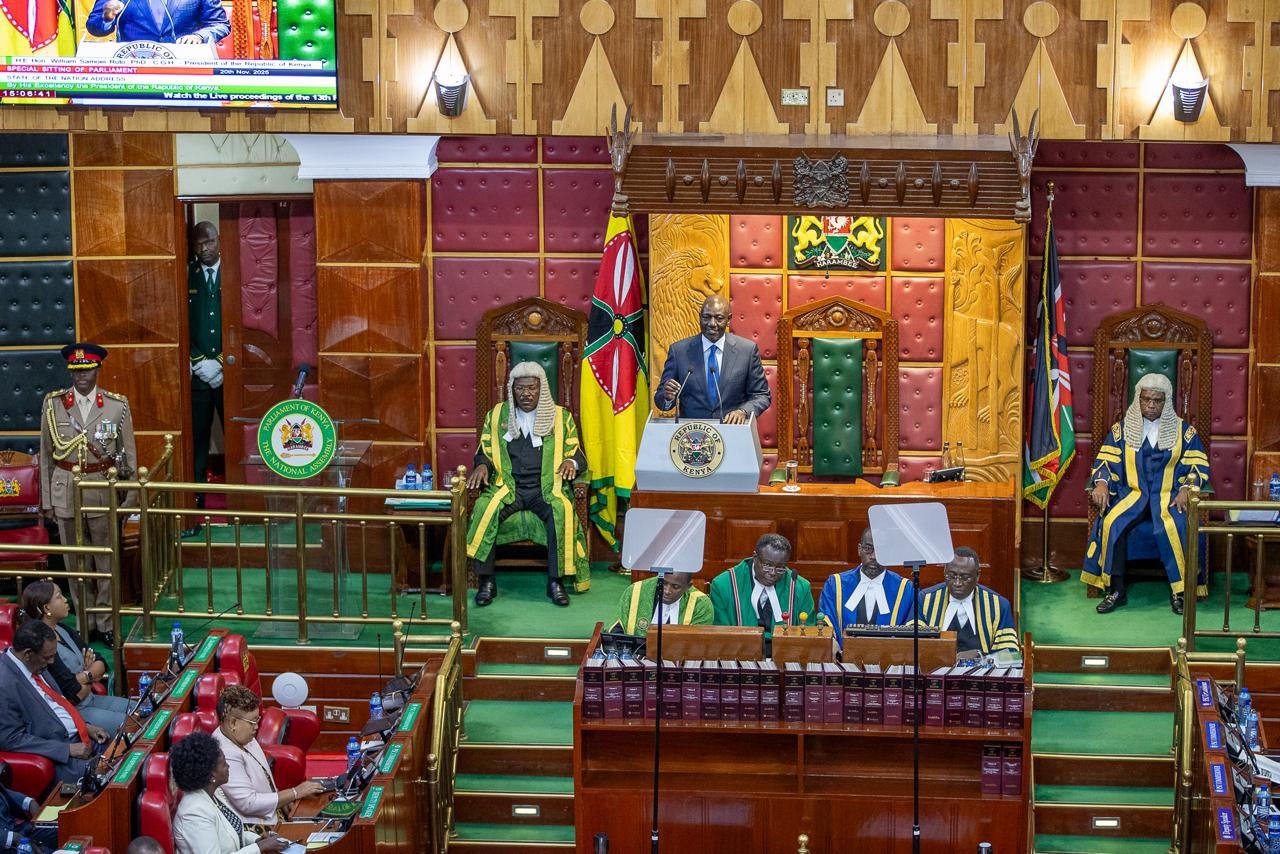Multi-agency teams have been mobilized to track and trap a hyena that mauled a woman to death in an incident in the Juja area, Kiambu County.
The incident happened Wednesday morning as the woman returned home from a local market, police and Kenya Wildlife Service officials said.
The remains of Nancy Njoki, 52, a food vendor in the area were found in the area after she had been attacked and killed.
She was heading to her house in the area to prepare food for the day for her customers when she was attacked, police said.
To address the menace, KWS says it had promptly deployed the Problem Animal Management Unit, which strategically placed traps, initiated hyena captures and mobilised a veterinary unit to translocate and relocate the hyenas from the human-dominated area.
This is after locals complained of a lack of action from authorities to address the menace.
So far five people have been killed in the same area by the animals.
Juja Sub County police commander Michael Mwaura said they are liaising with KWS to address the issue.
“This has been an ongoing concern and we are determined to address it jointly. We ask for cooperation,” he said.
He asked locals to alert authorities whenever they spot the animals.
The locals however said they will not have time to call for help given hyenas ambush for a kill.
Many locals have been left nursing injuries.
Early this year, a 10-year-old Dennis Teya was mauled to death by hyenas in the neighbouring Gwa Kigwi village.
Locals said they are worried about the safety of their children once schools reopen in two weeks.
They said that quarry miners' failure to refill excavated areas and clear bushes has attracted wild animals that stray from nearby national parks.
Mwaura said they are liaising with authorities to address the concerns.
They said quarries provide safe breeding and hiding abodes for the hyenas.
Most of the affected areas in Juja South are Nyacaba, Witeithia, Maraba and Kabati in Juja, Kiambu County.
Early this year, KWS said that it has so far trans-located 12 hyenas from Juja, in efforts to mitigate the human-animal conflict in the area. In a statement,
Such attacks are common in the area amid calls for KWS to take action and manage the same.
This is part of the wildlife-human conflict that is common in places near national parks.
Many wild animals stray from major parks to villages.
KWS has mounted a campaign to address the menace, which includes fencing the areas.
The government and conservation groups have a compensation program for people and herders whose livestock is killed by wild animals.
Officials said loss of habitat and climate change threatened the number of wild animals the wild and that their future looked "bleak".
The officials say policies aimed at enabling communities to co-exist with wildlife were vital.






![[PHOTOS] Betty Bayo laid to rest in Kiambu](/_next/image?url=https%3A%2F%2Fcdn.radioafrica.digital%2Fimage%2F2025%2F11%2F3b166e2e-d964-4503-8096-6b954dee1bd0.jpg&w=3840&q=100)







